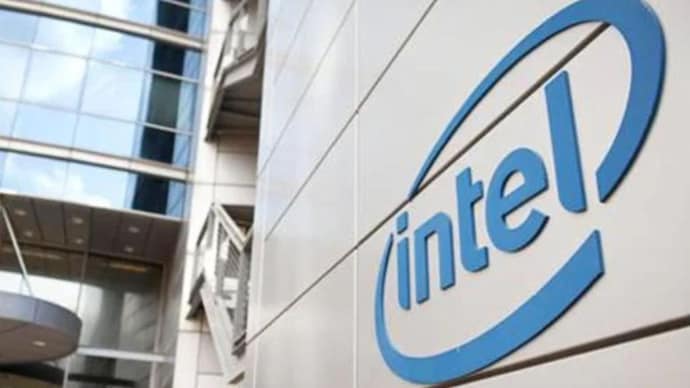
According to a Salesforce report, nearly 95% of Indian IT executives anticipate a significant role for generative AI in their organizations in the near future. The report, which provides insights into trends affecting IT organizations, highlights shifts in application development approaches, the growing gap between IT service demand and supply, and the transformative impact of automation and AI.
Salesforce’s latest State of IT report presents key trends gleaned from IT leaders across 28 countries, including 300 from India. The survey, conducted between February 28 and April 5, 2023, targeted IT decision-makers at the director level or above, generating 4,325 responses spanning 29 countries and six continents.
Deepak Pargaonkar, VP of Solution Engineering at Salesforce India, emphasized the increasing demands placed on technology and its leaders, stressing the critical nature of delivering innovation and achieving returns on investment and speed.
Key insights from the State of IT report include the revolutionary potential of generative AI, with 87% of Indian IT leaders describing their organizations’ AI roles as well-defined. This figure is expected to rise, as 95% believe that generative AI will soon play a prominent role. However, ethical concerns are prevalent, with 82% of leaders expressing apprehension about generative AI’s ethical implications.
In addition, the report reveals that 74% of Indian IT organizations struggle to meet business demands, while 91% anticipate increased demand over the next 18 months. Operational efficiency has become a major focus, with 95% of IT leaders concentrating on this aspect.
Only 40% of Indian IT firms can accommodate all app development requests, leading 83% to adopt low-code or no-code tools and 53% to utilize composability to scale their capabilities.
Lastly, the report indicates that 76% of Indian IT leaders grapple with balancing business and security objectives, resulting in the adoption of various defense measures. Notably, 63% of IT organizations use data encryption, and 59% employ multi-factor authentication.




